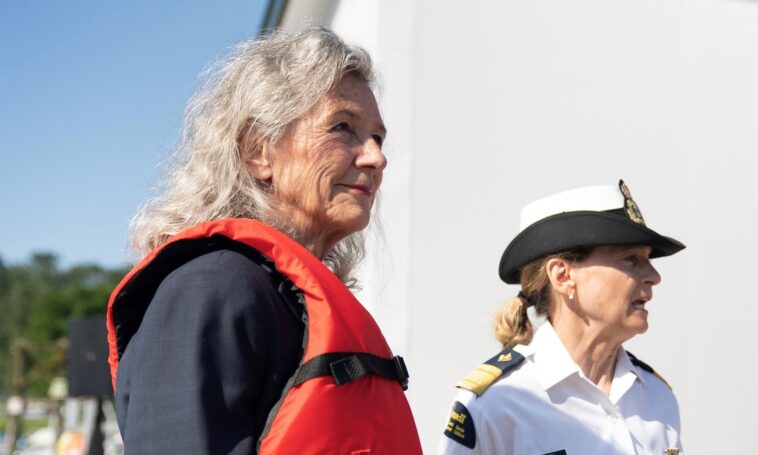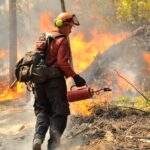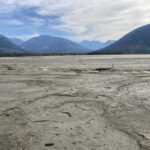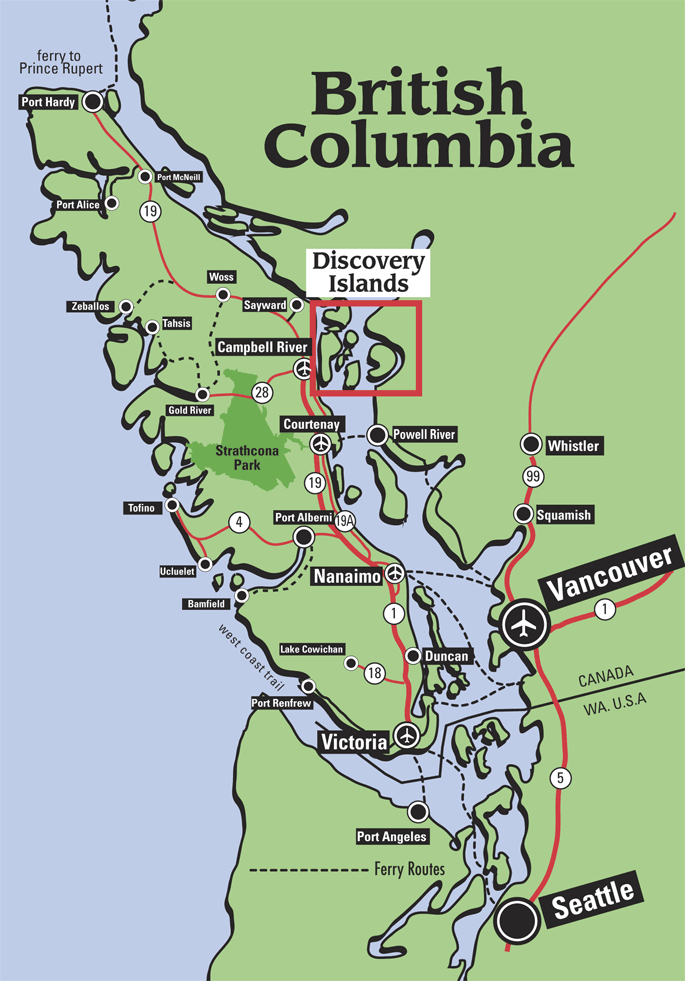
Two former Canadian fisheries ministers are facing a civil suit from an international fishing conglomerate over recent fish farm closures in BC.
Joyce Murray and Bernadette Jordan were both instrumental in the federal government’s decision to shut down fish farms in the Discovery Islands, north of Campbell River. Now, Norwegian seafood company Mowi Canada West is taking its grievances to the Supreme Court of British Columbia, claiming “misfeasance in public office,” among other charges, after Fisheries and Oceans Canada (DFO) did not renew 11 of its fish farm licences this year.
Mowi’s legal suit seeks unspecified damages for the federal decision that the company says “wiped out over 30 percent” of its profits. “The Fisheries Ministers engaged in deliberate and unlawful conduct in the exercise of public functions with the actual and constructive knowledge that the conduct was unlawful and would or was likely to injure Mowi,” Mowi’s claim reads.
DFO has responded to the claim in court, arguing both ministers were acting “lawfully, and within the scope of the statutory powers of their office, and in furtherance of their duties to manage, conserve, and develop fisheries on behalf of Canadians in the public interest.
Salmon in Dire Straits
In December 2020, Jordan, the Fisheries Minister, announced the government’s intention to phase out fish farms in the Discovery Islands region following consultations with First Nations. In February of this year, Murray, the subsequent Fisheries Minister, confirmed the federal decision to close 15 fish farms. “This was really a decision that was made to protect wild salmon in BC,” said Murray regarding the matter. “Wild salmon are in dire straits.”
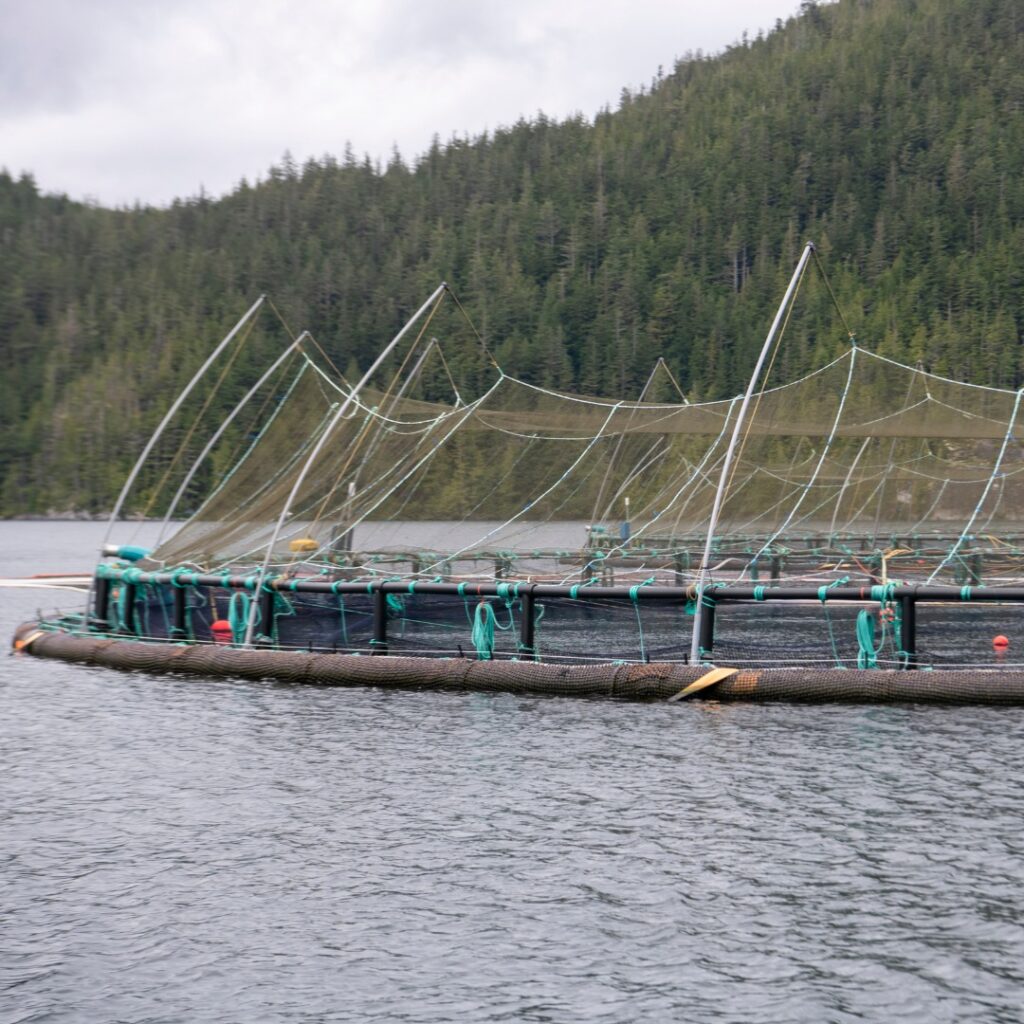
“There are over 30 peer-reviewed scientific papers from BC that link sea lice on wild juvenile salmon with salmon farms, and many more papers internationally. Despite some of these being cited in the federal study, none were integrated into the report’s conclusions.”
The closures followed the influential Cohen Report released in 2012 that found the Discovery Islands were vital to migrating salmon from the Fraser River watershed. Millions of young wild salmon, or smolts, migrate annually to the open sea by way of the narrow marine passages around the Discovery Islands. Further research found that fish farms breed parasites and diseases that then transfer to the smolts, endangering wild salmon populations.
The science on this remains debated despite overwhelming evidence. Earlier this year, 16 scientists wrote an open letter to the DFO contesting a federal study that found no “statistically significant association” between fish farms and sea lice infestation in wild salmon. “There are over 30 peer-reviewed scientific papers from BC that link sea lice on wild juvenile salmon with salmon farms, and many more papers internationally. Despite some of these being cited in the federal study, none were integrated into the report’s conclusions,” the scientists’ letter read, calling out the study for “serious scientific failings.”
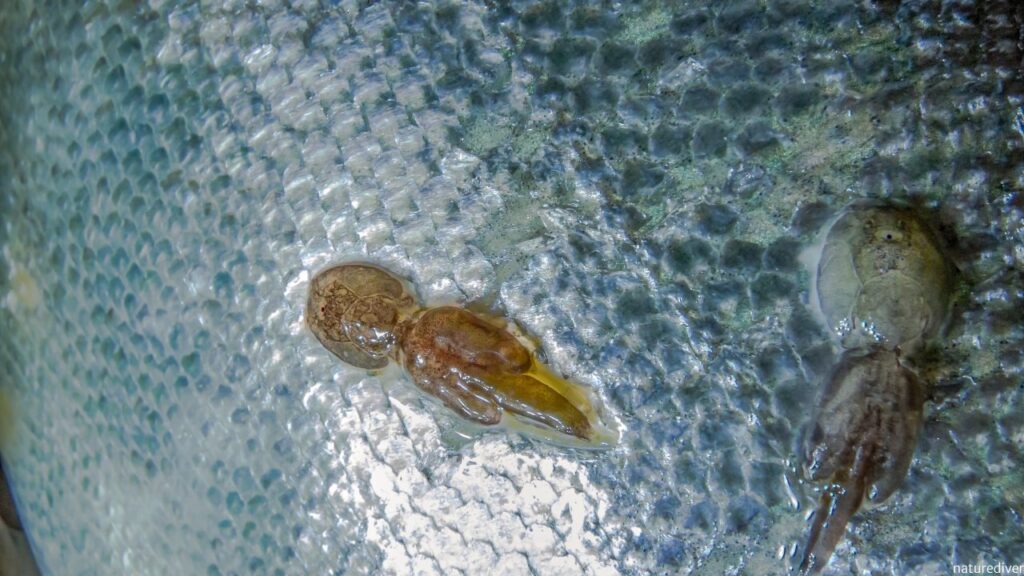
‘Bleeding’ the Taxpayer
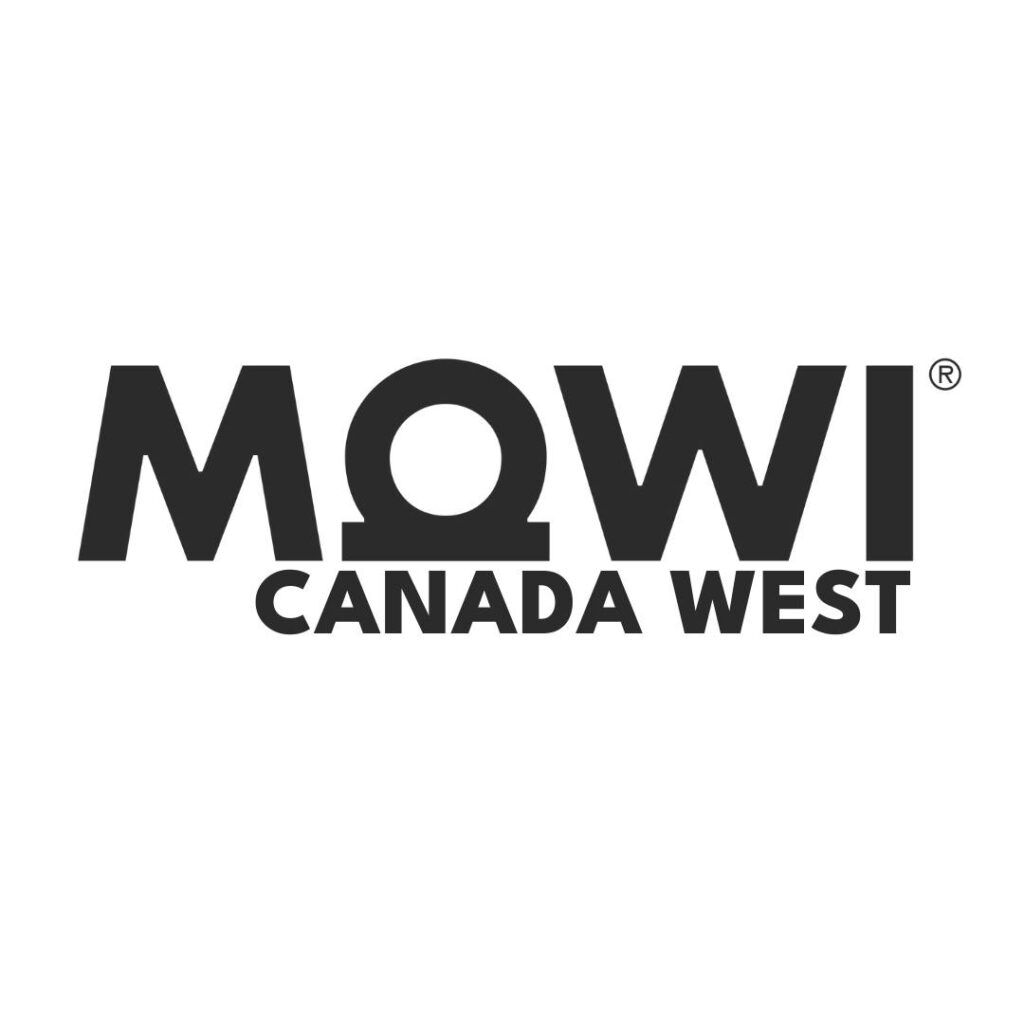
Fish farm conglomerate Mowi has been vocal about the Discovery Islands closures, yet the Norwegian-based company faces criticism across the province. Mowi’s website states they are a job provider for Indigenous and non-Indigenous people in coastal BC. However, an investigatory podcast about BC salmon farming published by Canada’s National Observer found the company was running a covert PR campaign based on “disinformation” and that its job figures, and therefore the wider economic benefits, were vastly inflated.
Stan Proboszcz, Senior Scientist of the Watershed Watch Salmon Society, feels that Mowi’s court case does not take into account the deep costs of fish farms paid for by the Canadian public. “I think the suit is absurd because the company essentially has been operating in BC for years, externalizing lord knows how many costs on to British Columbians via pollution, damage to habitat, harming marine mammals, killing wild fish outright, and spreading parasites and diseases to wild fish as well,” he said to West Coast Now.
“Yet now they want to recoup some alleged costs for a decision they knew was coming for years.” Proboszcz referred back to the Cohen Report on Fraser River salmon, which, back in 2012, recommended the closure of the fish farms by 2020.
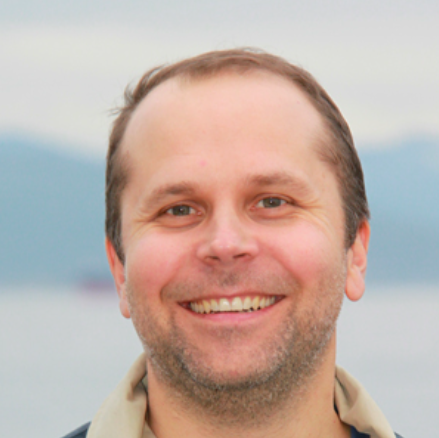
He argued the impact of the closures is already evident in the salmon populations. “We’ve seen a very, very strong pink salmon return and the vast majority of the farms are gone. So that suggests that they may [no longer] have been impacted by the farms in that area,” he said. “The body of science is pretty clear, especially on these parasites that can infect the wild fish. So I have no doubt that it’s having a positive impact on the migration of wild fish through the area.”
Ultimately, Proboszcz said, Mowi’s claim for damages may hurt the Canadian taxpayer. Mowi’s internal financial documents, obtained by Proboszcz and shared with West Coast Now, show that the corporation’s chairpeople just received a 5% raise on top of their $200,000 yearly compensation. This increase comes as Mowi reported that 2022 was their most profitable year on record. “They’re not in financial trouble, right?” he said. “Do they need to bleed Canadian taxpayers for alleged lost profits? I don’t think so.”
“They’re not in financial trouble, right. Do they need to bleed Canadian taxpayers for alleged lost profits? I don’t think so.”
Stan Proboszcz, Senior Scientist with the Watershed Watch Salmon Society
First Nations Call for Closures
Regardless of the court case’s outcome, Mowi is likely facing a losing battle. The federal government is currently consulting with First Nations, industry and environmental groups on a plan to phase out all open-net fish farms in BC by 2025. Recent polling suggests approximately 75% of British Columbians oppose fish farms in the ocean.
Last month, a coalition of First Nation chiefs and industry stakeholders gathered together in support of the 2025 deadline for the complete closure of fish farms. The First Nation Wild Salmon Alliance said that 120 BC First Nations opposed fish farms, calling out the prevalence of disease and parasites in the farms that harm wild salmon. “Our people are now relying on Alaskan salmon that we have to buy,” Chief Arnie Lampreau of the Shackan First Nation said at the press conference. “It’s a crying shame that we have to buy our fish now. I never thought I’d see that in my lifetime.”
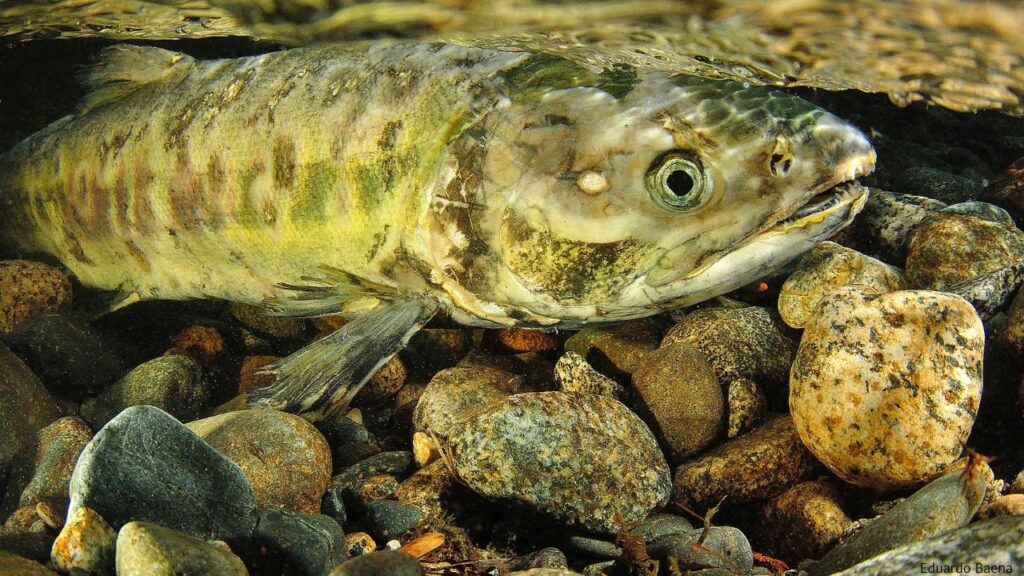
“Reconciliation need not be scary. It’s an opportunity to envision a path where everyone and everything can benefit.”
Bob Chamberlin, chairman of the First Nation Wild Salmon Alliance
Bob Chamberlin, chairman of the First Nation Wild Salmon Alliance, penned an op-ed in The Province that argued removing fish farms was the next reasonable step in reconciliation between Canada and Indigenous peoples.
“It will require decades of work in multiple watersheds to properly restore the habitat lost to forest practices, industrial development and the growth of communities, and it’s going to require the cooperation and coordination of multiple levels of government and civil society to achieve.” Endangered salmon populations need this protection, he stated, because they are the backbone of First Nations communities, providing food security, cultural richness, and economic development.
Significant investment “could achieve province-wide reconciliation while providing economic and environmental benefits that are critically needed,” Chamberlin wrote. “Reconciliation need not be scary. It’s an opportunity to envision a path where everyone and everything can benefit.”





